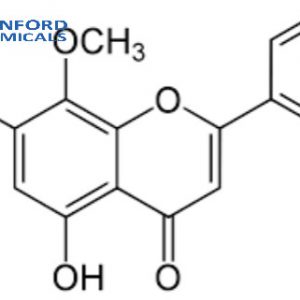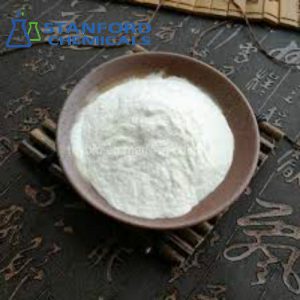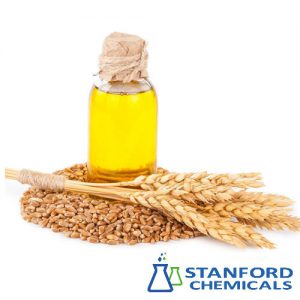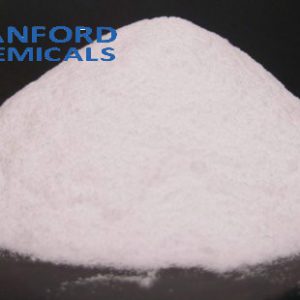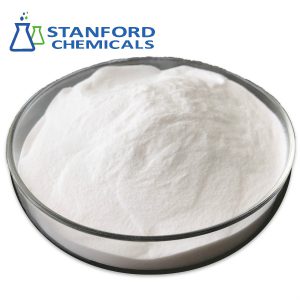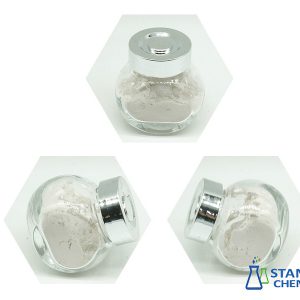- Home
- Foods and Nutraceuticals
- 060-000-218 Vitamin D3
060-000-218 Vitamin D3
- Type: Vitamins
- CAS No:67
- Qty in 20′ FCL:10MT
- Min. Order:500KG
- QC:HACCP,KOSHER,HALAL,ISO,SGS,UKAS
- Packaging: Provide Neutral Packaging
Vitamin D3 is one of the popular food/feed additives and ingredients in most countries.
- Description
Description
Vitamin D3 Functions
Vitamin D3 is a fat-soluble vitamin and is used as a precursor for calcium, phosphorus metabolic hormones. It has a close relationship with sunshine, so also called the “sunshine vitamin”. Vitamin D3 is fat-soluble, insoluble in water, can dissolve in fat or fat solvents, high temperature, and oxidation in neutral and alkaline solutions.
For rickets, osteomalacia and baby brothers tetany, rickets and dental caries prevention and control of this product is also available. Larger doses for cutaneous tuberculosis, skin, the mucous membrane also each lupus erythematosus, etc. Vitamin class medicine, mainly to promote intestinal absorption and sediment of calcium and phosphorus and sediment, for the treatment of diseases rickets and osteomalacia.
Vitamin D3 Introduction
Vitamin D3 Powder, white or yellowish-white powder without odor, is obtained from the downstream processing of Vitamin D3 Crystal. This product consists of Cholecalciferol coated with β-cyclodextrin. Content of cholecalciferol can be 100,000IU/g, 400,000IU/g, and 500,000IU/g, etc.
How much vitamin D do I need?
Your daily intake of vitamin D depends on your age. The recommended amounts measured in international units (IU) are as follows.
- From birth to 12 months: 400 IU
- Children 1-13 years: 600 IU
- Teens 14-18: 600IU
- Adults ages 19-70: 600 IU
- Adults 71 and older: 800 IU
- Pregnant and lactating women: 600 IU
People at high risk for vitamin D deficiency may need more.
What problems can Vitamin D deficiency cause?
Vitamin D deficiency can reduce bone density, which can lead to osteoporosis and fractures. Too little digestion can lead to rickets or osteoporosis.
Main Specifications of Vitamin D3
Particle size:100% through 40 mesh
min. 95% through 50 mesh
min. 60% through 80 mesh
Loss on drying: 5% max
Assay(C27H44O): 90.0-110.0%
Conclusion: Conforms to Ph. Eur. 6
| ITEM | STANDARD |
| APPEARANCE | WHITE OR OFF-WHITE FLOWING POWDER |
| SOLUBILITY | EASILY DISPERSED IN COLD WATER AT 15℃ TO FORM A HOMOGENEOUS AND STABLE EMULSION |
| GRANULARITY: GO THROUGH THE SIEVE OF 60 MESH | >=90.0% |
| HEAVY METAL | =<10PPM |
| LEAD | =<2PPM |
| ARSENIC | =<1PPM |
| MERCURY | =<0.1PPM |
| CADMIUM | =<1PPM |
| LOSS ON DRYING | NOT MORE THAN 5.0% |
| Vitamin D3 Content | >=500,000IU/g |
| TOTAL PLATE COUNT | =<1000CFU/G |
| YEAST&MOULD | =<100CFU/G |
| COLIFORMS | =<0.3MPN/G |
| E.COLI | NEGATIVE/10G |
| SALMONELLA | NEGATIVE/25G |


